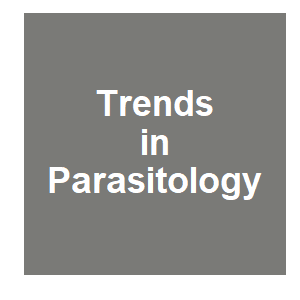Mosquito Sexual Selection and Reproductive Control Programs

|
L. J. Cator, C. A. S. Wyer and L. C. Harrington,
Trends in Parasitology,
2021.

The field of mosquito mating biology has experienced a considerable expansion in the past decade. Recent work has generated many key insights about specific aspects of mating behavior and physiology. Here, we synthesize these findings and classify swarming mosquito systems as polygynous. Male mating success is highly variable in swarms and evidence suggests that it is likely determined by both scramble competition between males and female choice. Incorporating this new understanding will improve both implementation and long-term stability of reproductive control tools. Mosquito-control strategies which rely on manipulating or exploiting mating behaviors are rapidly becoming a key tool in the management of mosquito populations . Generally, these strategies involve laboratory rearing of mosquitoes that have been chemically sterilized or carry either a pathogen or a genetic construct designed to reduce the wild population or curtail its ability to transmit disease agents. A clear view of mosquito mating systems, and how we expect sexual selection to act within them, can be used to both optimize the deployment of control tools and ensure their long-term success. Here, we apply common frameworks for describing animal mating systems to medically important mosquito species and discuss how a deeper understanding of sexual selection can improve control efficacy. More related to this: Meiotic drive influences the outcome of sexually antagonistic selection at a linked locus Selfish genes and sexual selection: the impact of genomic parasites on host reproduction Models of sex-ratio meiotic drive and sexual selection in stalk-eyed flies Engineering species-like barriers to sexual reproduction
|



